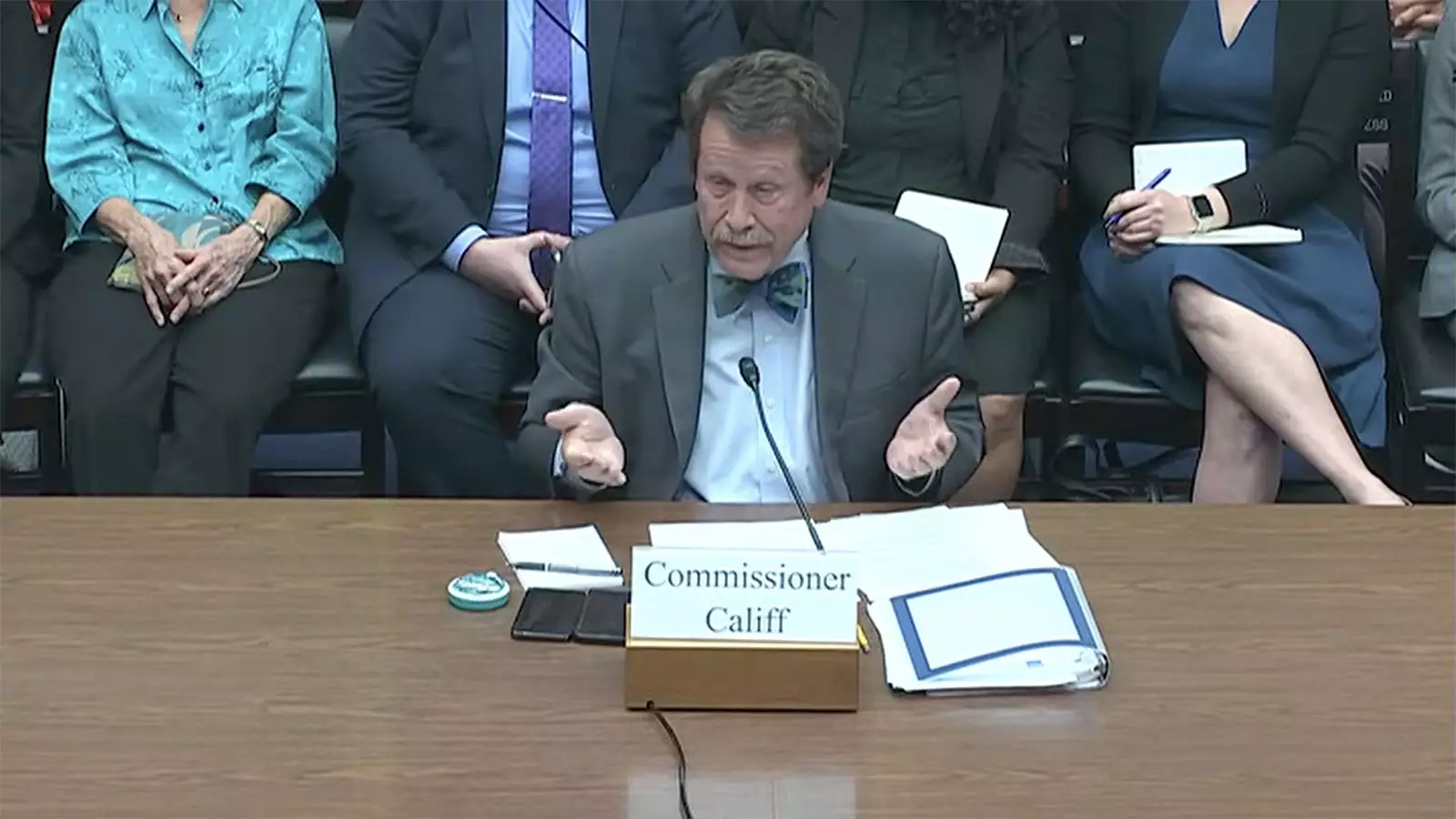The testimony given by Republican lawmakers during the hearing of the House Committee on Oversight and Accountability highlights the challenges faced by the FDA with regards to the authorization of COVID-19 vaccines. Rep. Paul Gosar criticized the FDA for granting emergency use authorization of the vaccines, arguing that they do not stop virus transmission and have been linked to adverse events. However, Commissioner Califf defended the initial trials of the vaccines, which showed a reduction in infection rates. He also emphasized the importance of vaccination in lowering mortality rates, despite the side effects that vaccines may have.
Another point of contention during the hearing was the FDA’s stance on ivermectin as a treatment for COVID-19. Rep. Gosar accused the FDA of conducting a smear campaign against the drug, while Commissioner Califf defended the agency’s position based on randomized trials that found no benefit from ivermectin in treating COVID-19. Califf also stressed that doctors have the right to prescribe ivermectin off-label, but the FDA does not mandate its use.
The hearing also addressed the infant formula shortage crisis, with Rep. Comer criticizing the FDA for neglecting facility inspections during the COVID-19 pandemic. Rep. McClain questioned Commissioner Califf about the agency’s awareness of the shortage and the delay in invoking the Defense Production Act. Califf admitted that he was aware of the shortage on the day of his confirmation but could not comment further on the timeline of events. The investigation revealed internal emails suggesting that the FDA had knowledge of the shortage earlier than previously acknowledged.
In response to concerns about food safety inspections raised during the hearing, Commissioner Califf likened the FDA to referees in a game, with the industry being the first line of defense. He acknowledged the limitations of the FDA’s budget in conducting inspections of private manufacturing facilities but highlighted the agency’s ability to require manufacturers to perform testing themselves. The case of lead contamination in applesauce packets was used as an example of how mandatory testing could have prevented a safety issue from reaching consumers.
Overall, the testimony given by FDA Commissioner Califf during the House Committee hearing shed light on the challenges faced by the agency in ensuring the safety and efficacy of food and drug products. The criticism from Republican lawmakers highlighted the need for transparency and accountability in the FDA’s decision-making processes. Moving forward, it will be crucial for the FDA to address these concerns and work towards building trust with lawmakers and the public.

Leave a Reply